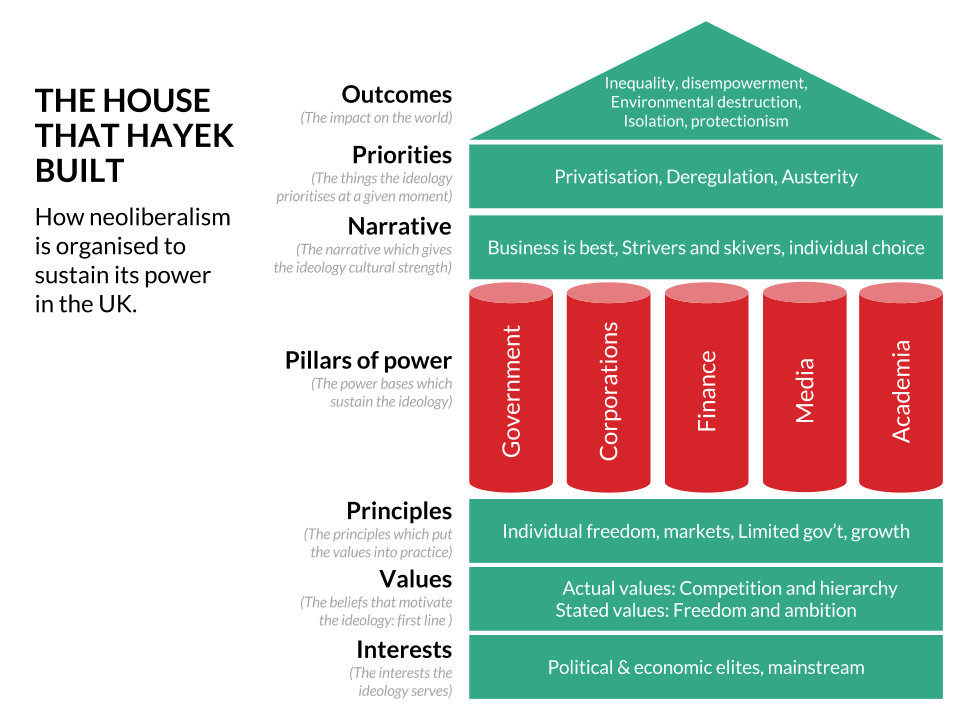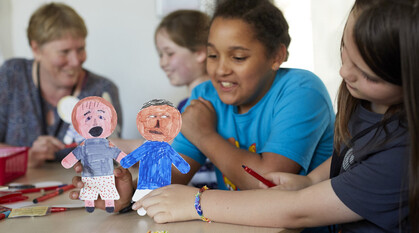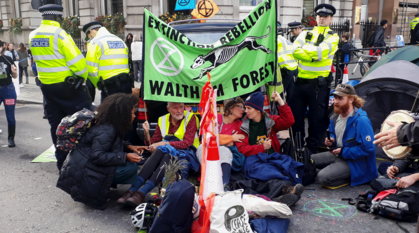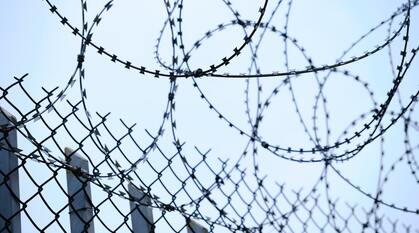Eight ways that Quakers can shape Britain’s economy for the better
Kat Wall harvests insights that emerged from a weekend-long training for Quakers who wish to build a new economy.
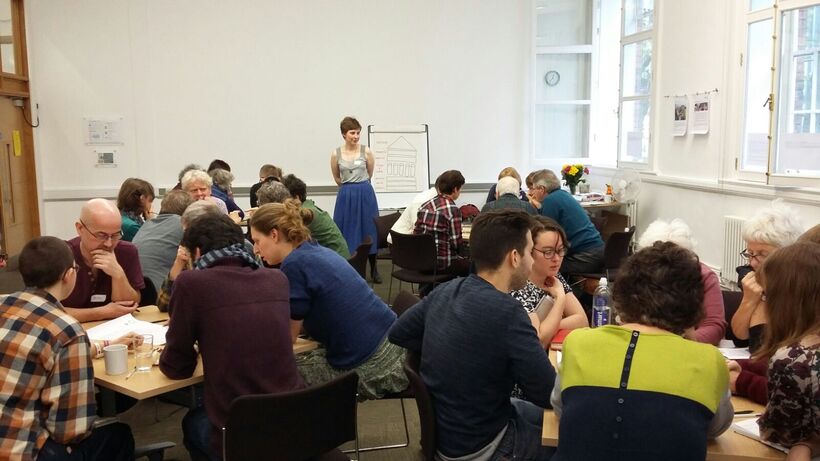
Thirty Quakers from around Britain recently spent a weekend in Manchester at a new economy training run by the Economics and Sustainability team and subcommittee. Together, they explored what might need to change in order to make our economy into a system that values people and the planet before profit.
The economy is an ever-changing, human-made system; the challenge for Quakers is to ensure that it reflects our values of equality, sustainability, integrity and peace. So for one weekend, we discussed how we might do that. Here are some of the observations that emerged.
1. Name the problem: neoliberalism
As a body, Quakers in Britain summed it up in 2011: "The global economic system is posited on continued expansion and growth, and in its pursuit of growth it is often unjust, violent and destructive" (Minute 23). Economists describe the current form of this system as neoliberalism. An economist provides a useful beginners guide to neoliberalism in this podcast from the New Economics Foundation.
2. Analyse what we need from a new economy
Quakers have outlined twelve principles that would lead to a new economy based on social, economic and environmental justice. Through campaigning to challenge neoliberalism and building projects that create the new, we can transition to a society that works for all people and the planet.
3. Make a plan
Picture a part of the economy you would like to create. It might be more renewable energy, or fair pay, or more common ownership - anything. To make these things happen, we must work through each stage in the process strategically. Like any other endeavour, setting goals and deciding which approach will fulfil them makes our initiatives more likely to flourish.
4. Identify others who share your concern
Moving from the current system to something better is going to be a lot of work. Whether we want to campaign against fracking, start a local currency, or organise in our local communities, working with allies helps increase our shared power. At the training, we learnt how to hold one-to-one meetings, an alliance-building approach tried and tested by community organisers.
5. Teamwork makes change sustainable
Each of us has unique skills and qualities. It's valuable to learn how they complement the skills and qualities of others and respond to imbalances. To learn about creating a healthy group dynamic, we recommend the amazing resources provided by Seeds for Change.
6. Be inspired by Quaker faith
Throughout the weekend we remembered a long lineage of Quakers who did something about economic injustice. As Quakers we act on both this call and our own leadings to take action – action inspired by our faith. For more on spiritual activism, we would recommend this great podcast from Q:Witness.
7. Be inspired by the work of others
We heard from two local new economy projects in Manchester including The Kindling Trust which works with the food system and Partisan Collective, a new DIY space for music and politics. Friends also shared inspiring examples, from Quaker involvement in the Living Wage Campaign, to the Devon New Economy Initiative.
8. Support new leadings
Over the course of the weekend, several Friends came up with some great ideas for new projects including starting a Land Value Tax Campaign and building the House of the New Economy to replace the House of Hayek (see image below). We are excited to see how these and other ideas might develop over the coming months.
The House that Hayek Build – training resource from the New Economy Organisers Network, 2016 Creative Commons Licence
Quakers in Britain have published 12 principles for the economy and a series of booklets that look at different elements of a new economy.
